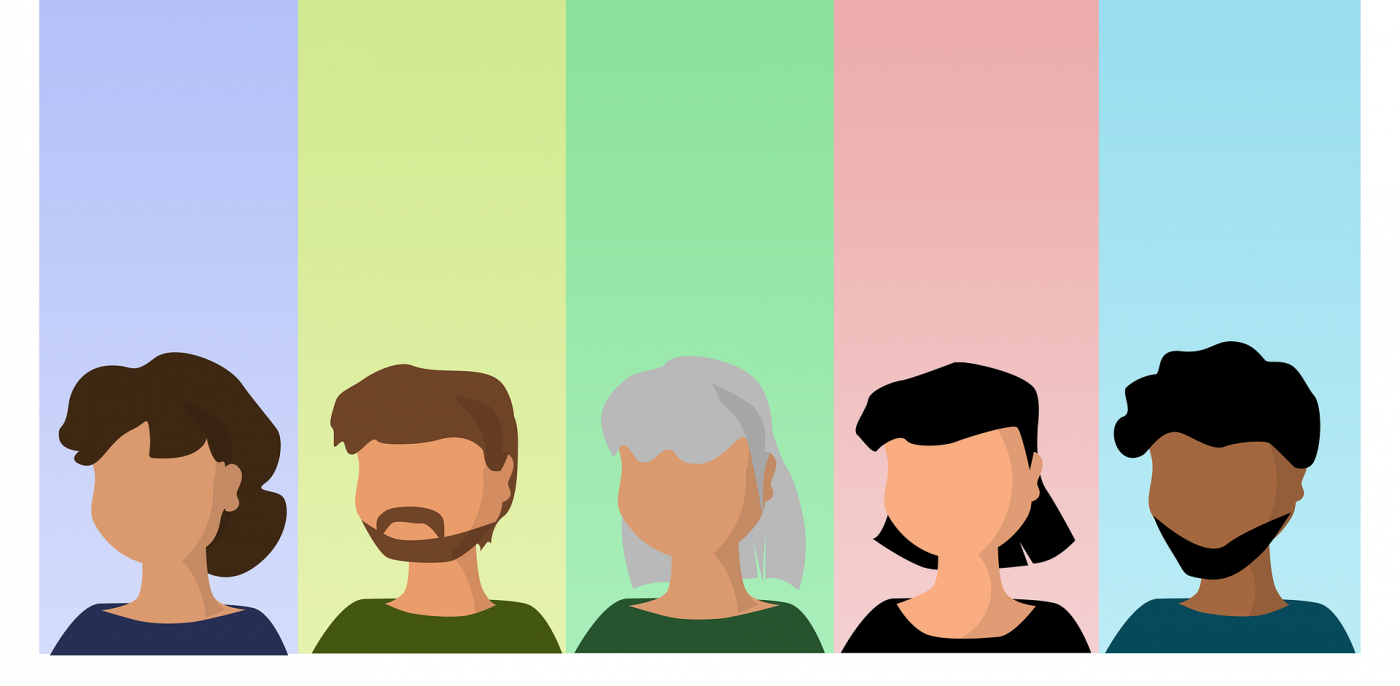UU has the most employees unwilling to participate in the Cultural Barometer

Do employees and researchers with a migration background have the same opportunities at Dutch universities as their white counterparts? Many people suspect not, which is why the government has come up with a national action plan to increase diversity and inclusion in higher education.
Sharing data
But there's a problem: there is no hard data about how diverse universities are. In order to learn how many teachers, researchers and employees have a migration background, some Dutch universities have agreed to cooperate with the "Cultural Diversity Barometer", a project in which they will share certain data about the staff (such as birthdays, addresses, their titles and the faculties where they work) with Statistics Netherlands, so that the bureau can link this information to its own data about people's origins. Then, CBS will send this back to the universities in an anonymised manner.
The idea sparked controversy in the Dutch Parliament. Ruling party VVD despises the idea of making lists of employees based on their ethnicities and cultural backgrounds, so it joined forces with another party, CDA, to pen a motion calling for its cancellation. The motion passed.
Choice to opt out
Even so, five universities have decided to take part in the project, including UU. However, they did give employees the choice to opt out, perhaps inspired by the recent changes to the Dutch organ donor database, which now assumes everyone agrees to donate their organs unless they specifically state they do not want to. The employees of the participating universities can ask, via e-mail, for their data not to be sent to the CBS. If they do not send this e-mail before the deadline, then it's assumed they have no problem with it.
According to news agency HOP, a few hundred people have decided to refrain from sharing their data with the CBS: 48 at Erasmus University Rotterdam, 60 at the VU University in Amsterdam, 70 in Leiden, and 159 at the University of Amsterdam. But none of them come close to the UU, where tensions concerning this project are running high: no less than 430 of UU's 5,461 employees have said no. The University Council has also voiced its worries about the employees' privacy, leading the university to temporarily suspend its supply of data to the CBS.
The Executive Board sees no reason to pull out from the project, according to a spokesperson, but agreed to send more information to the University Council first. If necessary, UU will hold an additional meeting about the Cultural Barometer at the end of the month, ahead of the planned date to send the data to the statistics office.
Questions
Last week, a UU teacher took to the magazine Elsevier Weekblad (link in Dutch) to criticise the initiative, saying employees were given only three weeks to opt out of it. What if somebody missed the e-mail about the barometer?
The VVD has once again posed questions about the project, according to education spokesperson Hatte van der Woude on Twitter. "University students and staff cannot be reduced to their origins, especially not without their consent". The party inquired whether the barometer is even allowed to go ahead at all, considering the Parliament has disapproved of it.
No new data
What about privacy? The CBS issued a statement saying that no new data is being collected for this project, so it is not breaching the privacy law. Moreover, the results will be shared back with the universities in clusters of 250 anonymous people, meaning that data from small faculties will be mixed with that of bigger ones.
The action plan on diversity was signed by nine organisations, including research financier NWO, science organisation KNAW, the union of Dutch universities VSNU, the National Network of Female Professors and the Dutch PhD Network.